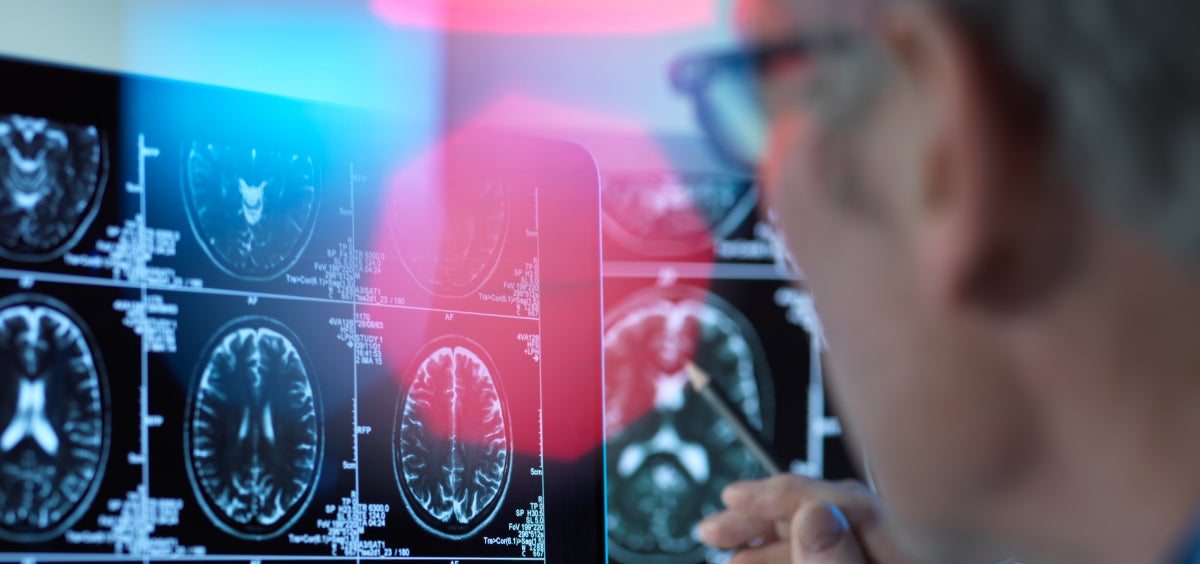Alzheimer’s is still an incurable disease, although the search for an effective treatment has been an ongoing task for many years. However, we are on the threshold of a new stage in the development of a successful treatment approach to Alzheimer’s disease, because one of the richest people on the planet – Bill Gates – is involved in the funding of the research.
Even the smallest future progress in the pursuit of a cure for Alzheimer’s will be seen as a spectacular step forward against the background of the current situation when even prevention and slowing the progression of the neurodegenerative disease are difficult to achieve. However, Bill Gates and those working on his latest initiative will not be satisfied with only partial results in this regard. According to Gates himself, a method to successfully treat the disease, which strikes a new person every 66 seconds, may be developed.
The fact that Bill Gates takes the fight against Alzheimer’s as a personal cause is evidenced by the fact that he gave more than 50 million dollars of his personal fortune to a fund to fight the disease, known as the Dementia Discovery Fund. This fund funds cutting-edge and innovative research looking for the causes of Alzheimer’s and ways to block their effects.
Bill Geist is known for his donation campaigns to fight a number of diseases, but this is the first time he has donated funds to research related to a non-communicable disease. Until now, his foundation has financed only the fight against infectious diseases such as AIDS, malaria, and poliomyelitis.
According to analysts, however, never before has Bill Gates been so dedicated to a cause he has taken up. A possible reason for this is the several cases of Alzheimer’s registered among the billionaire’s elderly relatives in recent years.
Was the impossibility of developing a treatment for Alzheimer’s until now a matter of purely financial obstacles, or of a real inability of medicine and modern technology to fully understand the disease? The answer to this question is expected to be available soon. There is hardly a person who does not hope that the cause was in the first factor. If this is indeed the case, there is no reason to doubt that Alzheimer’s will soon be a treatable disease.
This would be the greatest gift that humanity can give itself on the occasion of the 100th anniversary of the discovery of the German doctor Alois Alzheimer, who was the first to describe a case of a patient with the disease of the same name.
